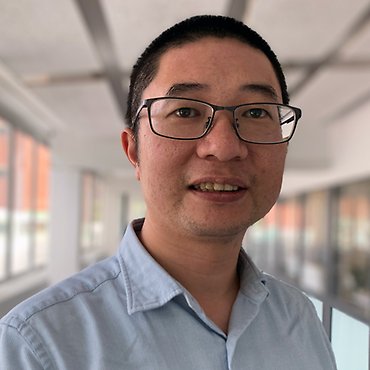Luleå University of Technology
Artificial intelligence guided steel design towards zero-carbon emission contributing to circular economy
Industrial project
PhD
Open
Research question
Artificial intelligence (AI) is a powerful tool for accelerating materials design and advancing the sustainability of materials development. This project aims to achieve the goal of utilizing fully scrap to produce the new steel products without supplying new raw virgin materials. This is very important to reach sustainability goals. The AI-guided alloy design proposed here focuses on the design of crossover alloys covering a broader range of properties to serve mass markets using the full scarp. Additionally, the microstructure evolution of these designed steels will be predicted using AI-based methods such as machine learning. The overarching goal of this research is to integrate robust computational tools with experimental characterization to address key challenges in achieving full recyclability of metallic alloys without relying on any virgin materials.
Sustainability aspects
Globally, sustainability is a common aim that involves almost all fields of human activities. In particular, the annual global CO2 emission from the iron and steel industry is approximately 8% of the global CO2 emissions. As stated in the 2030 climate and energy framework, the European Union aims to cut greenhouse gas emissions by at least 55% compared with the level in 1990. In the conventional iron and steelmaking process, iron is produced by the reduction of iron ore using e.g. coke, etc. and subsequently the product is used for the further steelmaking process. Based on this background, fossil-free ironmaking technology is indispensable for reducing massive anthropogenic CO2 emissions in the steel industry. On the other hand, increasing the usage of scrap is another option. Quantification of options would help steelmakers consider decarburization options in the short, medium and long term. This project aims to utilize machine learning, a branch of AI to design sustainable steels and optimize the microstructure and property. The obtained knowledge as well as methodology aims contribute to creating the conditions for a sustainable society by researching the next generation of eco-friendly and intelligent materials and manufacturing processes.

Ferritico AB
Joakim Odqvist
CSO
joakim.odqvist@ferritico.com

Luleå University of Technology
Wangzhong Mu
Associate Professor
wangzhong.mu@ltu.se
Explore projects under the WISE program
WISE drives the development of future materials science at the international forefront. The research should lead to the development of sustainable and efficient materials to solve some of today's major challenges, primary sustainability. On this page you can read more about our research projects.
Explore projects